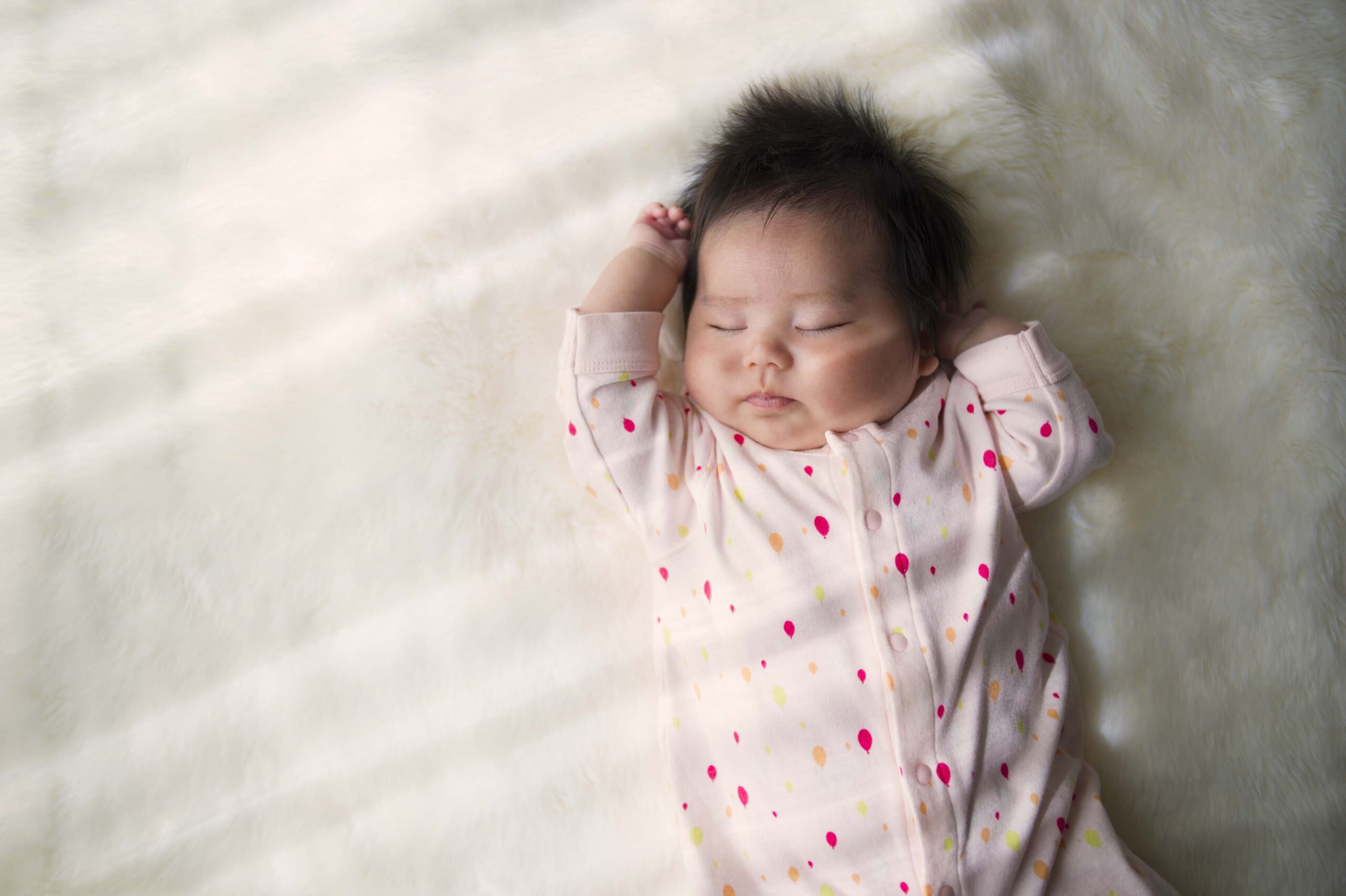Best ways to avoid diaper rash in infants?

Diaper rash is a common concern among infants, but there are several steps you can take to help prevent it. Here are some of the best ways to avoid diaper rash in infants:
- Change diapers frequently: Regularly changing your baby’s diapers is crucial to maintaining good hygiene and preventing prolonged exposure to urine and feces. Aim to change diapers every two to three hours or as soon as they become soiled.
- Keep the diaper area clean and dry: Gently clean your baby’s diaper area during each diaper change using a mild, fragrance-free cleanser and lukewarm water. Avoid using harsh soaps or wipes that may contain irritants. After cleaning, pat the area dry with a soft towel or allow it to air dry for a short time before putting on a fresh diaper.
- Use a barrier ointment like Dr. Mom Butt Balm: Apply a thin to your toddler’s clean and dry diaper area during each diaper change. Dr. Mom Butt Balm creates a protective barrier between the skin and moisture, helping to treat and prevent diaper rash.

- Choose diapers wisely: Opt for diapers that are breathable and gentle on the skin. Consider using diapers labeled as “hypoallergenic” or specifically designed for sensitive skin. Avoid diapers that are too tight or made from materials that may trap moisture, such as plastic-backed diapers.
- Give diaper-free time: Providing some diaper-free time can allow your baby’s skin to breathe and reduce moisture buildup. Lay your baby on a waterproof mat or towel and let them go without a diaper for short periods, such as during naps or supervised playtime.
- Monitor diet (for breastfed babies): In some cases, certain foods consumed by breastfeeding mothers may contribute to diaper rash in their infants. If you notice a pattern, consult with a pediatrician or a lactation consultant to evaluate and make necessary adjustments to your diet.
- Check for allergies or sensitivities: Some infants may be more prone to diaper rash due to allergies or sensitivities to certain diaper materials, detergents, or baby care products. If you suspect an allergic reaction, consult with a pediatrician to identify potential triggers and make appropriate changes.
Remember, even with preventative measures, some infants may still develop diaper rash. If your baby experiences persistent or severe diaper rash, or if it is accompanied by other symptoms such as fever or signs of infection, consult with a pediatrician for proper evaluation and guidance.
